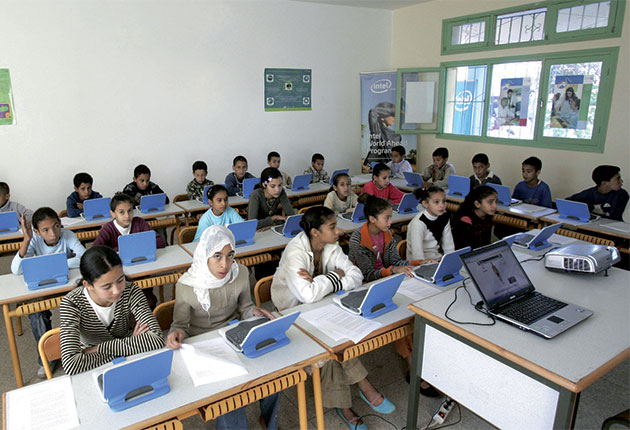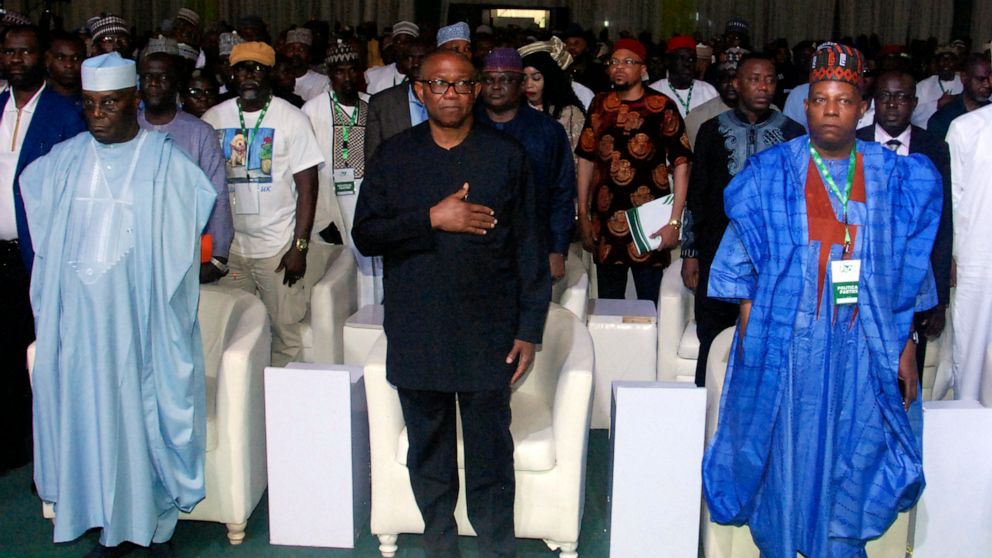The Sustainable Development Goals, SDG is a global call by the United Nations to put an end to poverty, secure the earth and see that everyone enjoys peace and prosperity to the fullest by the year 2030.
Nigeria is among the 193 member countries that adopted these 17 SDGs that kicked off in 2015. Each of the 17 goals is expected to be achieved by 2030 in every country around the world.
The targets include No Poverty, Zero Hunger, Good Health and Well-being, Quality Education, Gender Equality, Clean Water and Sanitation, Affordable and Clean Energy, Decent Work, and Economic Growth Industry.
Others are Innovation and Infrastructure, Reduced Inequality, Sustainable Cities and Communities, Responsible Consumption and Production, Climate Action, Life Below Water, Life on Land, Peace, and Justice, Strong Institutions, and Partnerships to achieve the Goal.
This article explores how Nigeria is tackling these goals to meet the 2030 target, and also better the lives of its citizens.
In 2017, Nigeria was among the 44 member countries of the United Nations that presented its Voluntary National Review, VNR on the implementation of the SDGs at the High-Level Political Forum on Sustainable Development.
Nigeria was ranked 160 on the 2020 world’s SDG Index. The government affirmed that Nigeria’s current development priorities and objectives are focused on achieving the SDGs.
The West African country had reached an agreement with the United Nations that in the quest to achieve the SDGs, it would align its development priorities in partnership with Civil Society Organizations, CSOs, and the private sector.
Since the agreement was reached, both the Government, Non-governmental organizations, and academic institutions in the Country are doing their best to see it achievable.
The UN SDG3, which is Good Health and Well-Being is a challenge to reduce neglected tropical diseases like AIDS, hepatitis, water-borne diseases, and other communicable diseases. In other to achieve this UN goal, the Nigerian Government launched the Economic Recovery and Growth Plan, to align with the SDGs target by 2030. In addition, the government believes, Maternal Mortality Ratio would’ve reduced from 100, 000 to 70 live births.
In the education system in Nigeria, just to meet up UN goal 4 and see that citizens enjoy good education, the Universal Basic Education Commission provided free education for every Nigerian child of school-going age. This would help the country to curb the report it had in 2016 that Nigeria has the highest number of out-of-school children in the world, an estimated10.5 million.
What about gender equality, which is goal 5? The country passed the National Policy on Women into law. This policy is guided by the Global Instrument on the Convention of all forms of Discrimination Against Women, CEDAW.
Since this law was passed, there have been improvements in this area, for instance, the National Bureau of Statistics report showed improvement in girls’ access to education, with enrolment for females in primary and secondary schools increasing from 46.7 per cent and 47.1 per cent in 2010 to 48.3 per cent and 47.9 per cent respectively in 2015.
The current administration of the Nigerian Government is working to also increase its energy access to meet goal 7. Globally, Nigeria has one of the highest energy access deficits with about 90 million Nigerians (50% of the population) lacking access to grid electricity.
The country claims to achieve a 13% contribution of hydroelectricity to the electricity generation mix by 2020; a 1% contribution of wind energy to the nation’s electricity generation mix by 2020; and a 3% and 6% contribution of solar energy to the nation’s electricity generation mix by 2020 and 2030 respectively.
Though the Nigerian Government had the SDGs lined up and is working towards its achievement by 2030, the government has met with some challenges that have delayed its pace of achievement. One of such challenges is that with the emergence of COVID-19 in 2020, progress regards SDG was slowed down.
One of the ways by which the country is working towards the attainment of the SDG is by financing. On July 2020 Nigeria officially commenced the process of designing and implementing an Integrated National Financing Framework, INFF for financing national development priorities and achieving the SDGs.
The integrated National Financing Framework is a United Nations initiative to support countries in operationalizing the agreements of the Addis Ababa Action Agenda for financing the SDGs.
Also, UNDP has been supporting the government and its people by addressing development challenges and strengthening and building institutions that promote inclusive sustainable development and democratic governance. For example, during the COVID-19 crisis, UNDP partnered with Japan to support Nigeria’s health and socio-economic response.


